HVAC Coils

○ Ideal Coil for your requirement
There are multiple coil types to pick from, and each one has its unique advantages. Unite Coils can assist you in choosing the ideal coil for your air quality and climate control requirements.
○ Improved Performance & Energy Efficiency
We are experts in commercial & industrial HVAC systems, and we can fine-tune your current setup with customized coils to increase energy efficiency and performance.
We are also dealing with more towards money back and performance guarantee on air-side. Should there be any retrofit works on air-side to reduce electrical consumption, we do hope we be given the opportunity to do a presentation to you and your team on how can we save you energy with performance and money back guarantee.
In summary we will stated in our quotation that if after our rectification and there is no improvement and no energy savings, we will not collect a single cent. No questions asked if performance not met.
We would like to take this opportunity to highlight problems being faced by most and many building owners are as follows :
1) About 40% to 50% of the total energy consumed by air-conditioning in all buildings worldwide is used for space heating and cooling. Many owners are wasting unnecessary energy without them knowing too. Why?
2) Because most owners are layman and they leave the decision of equipment selection to contractors and consultants to do equipment sizing base on manufacturers’ (York, Carrier, Trane and etc) catalogue for equipment selection which is not advisable and not the best solution for the reason that
- 2a) For example, they select that particular unit and look at the cooling capacity (kW) to select from catalogue, but forgetting that in order to achieve the cooling capacity, the incoming source flow must be sufficient, then is able to derive to achieve the desired capacity. What happen if some existing buildings with insufficient existing incoming flow source? Thereafter, owners have to again spend additional to upgrade existing incoming flow source which will turn out to be even wasting more time and input again additional unnecessary capital.
- 2b) Some building oversized their existing incoming flow source which is also wasting unnecessary energy and electrical consumption, which actually they could use much lesser energy to perform the same cooling. A recent example case study is Roche, a pharmaceutical plant. Before replacement of the Air Handling Unit (AHU) chilled water cooling coil, the modulating valve is 100% fully opened. After our optimisation, the valve opening resulted in 30% opened only. Means to say that less chilled water is being used to perform the same cooling, and that will indirectly affect the pump to ramp down and save more energy. More to that is that if the load is not required that much, the chiller will ramp down and run lower in part load and that contribute in even more energy savings.
3) All buildings are as-built from day one with air-conditioning are being installed, left with limited access. Through our detailed and precision engineering, and planning, we are able to make the impossible possible to get the existing equipment replaced without need of hacking, optimise it and perform much lower energy consumption than before.
The beauty of air side energy design optimization is that no single system is the same. Whenever we agree on a partnership with a new client, we spend a lot of time evaluating their air side system across all areas to determine what parts are currently working well, which areas need improvement and strengthening the most. We believe every client has a right to GET THE BEST and most out of your investments and the highest quality of service. Together with Unite Coils, we can play our part in making Earth a Greener Place.
Types of HVAC Coils
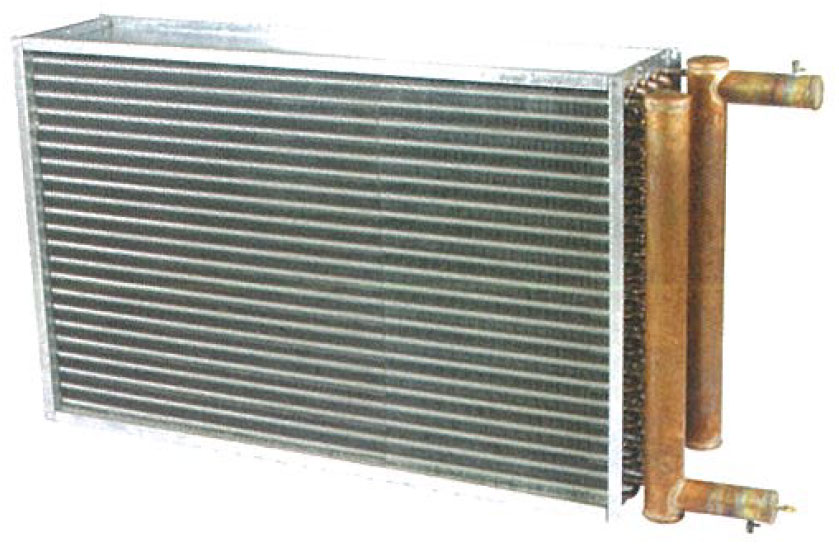
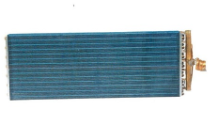
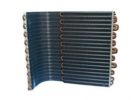
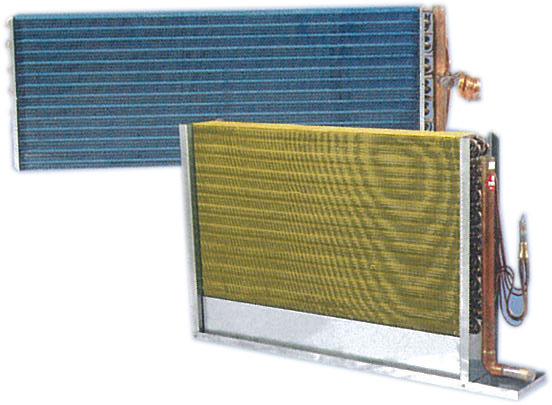
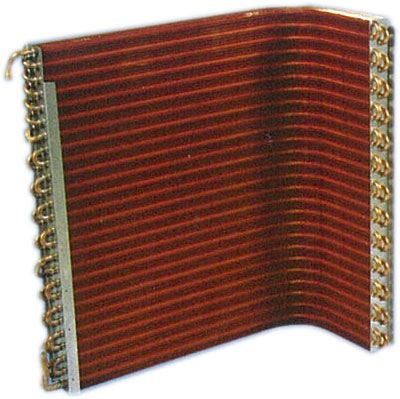
Coils' Certification

Canadian Registration Number
We provide coils that meet the strictest quality standards for design and manufacturing outlined in Canadian standard CSA B51

Conformité Européene (European Conformity)
This marking is a mandatory European marking for certain product groups to indicate conformity the essential health and safety requirements set of European Directives

Air Conditioning Heating and Refrigeration Institute (”AHRI”)
All coil products have been certified in accordance with AHRI Standard 410-2001. Certificate from the Department of Industrial

Canadian Standard Association
Standard accreditation of quality at the level of high pressure not exceeding 420 PSI (Pound Per Square Inch)

Underwriters Laboratories, Inc
The US standard accreditation of quality at the level of high pressure not exceeding 540 PSI of all product models
